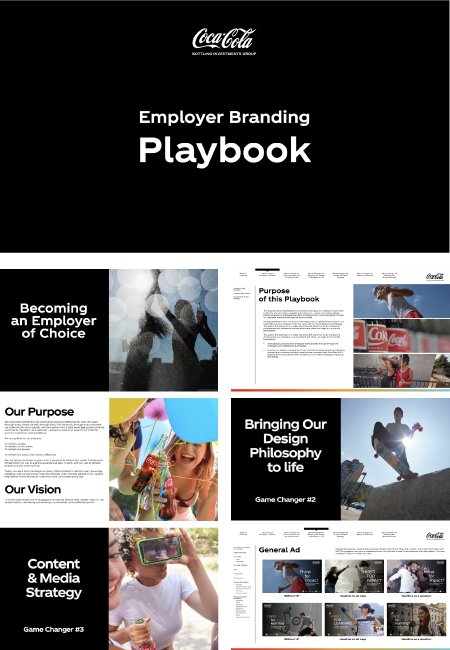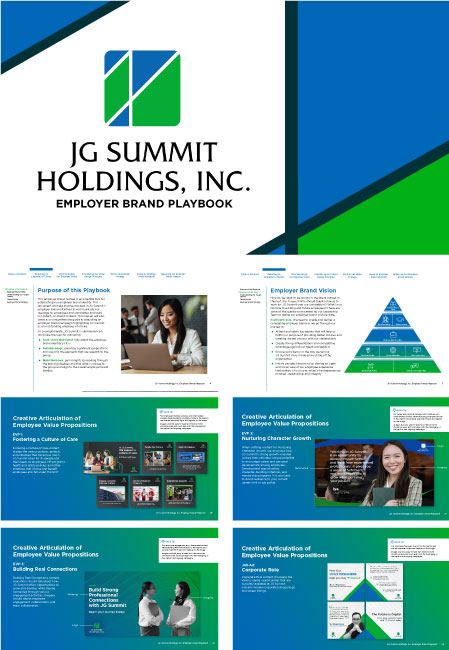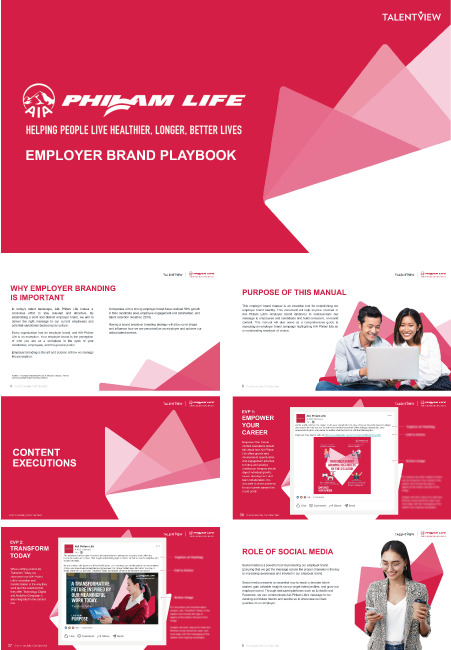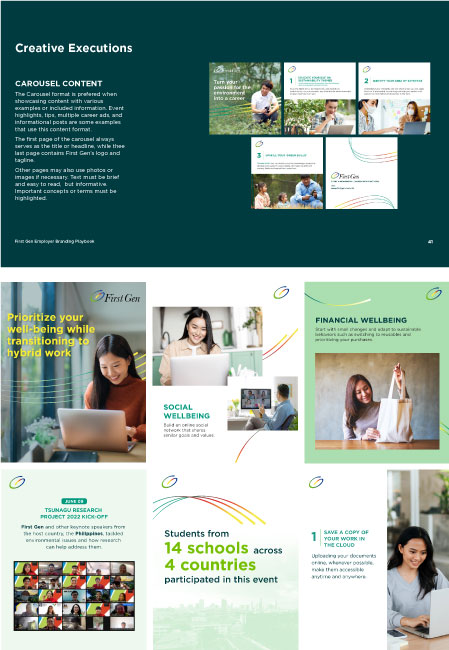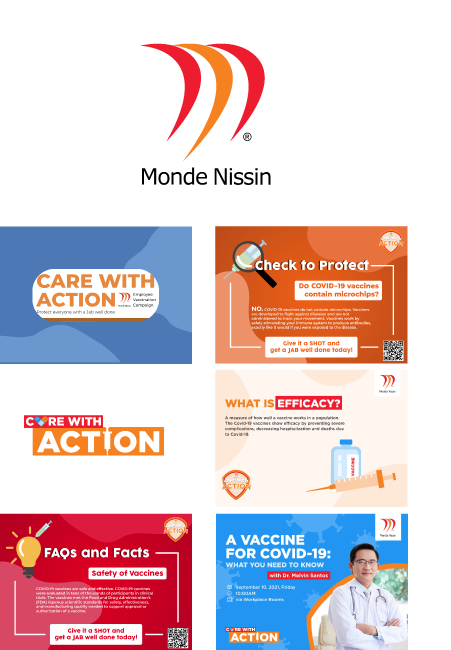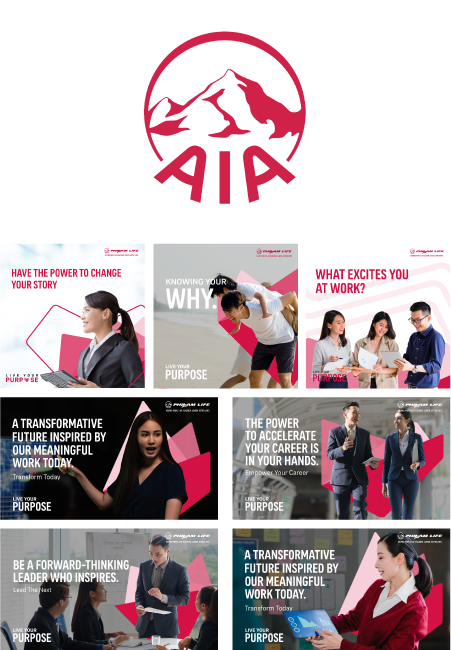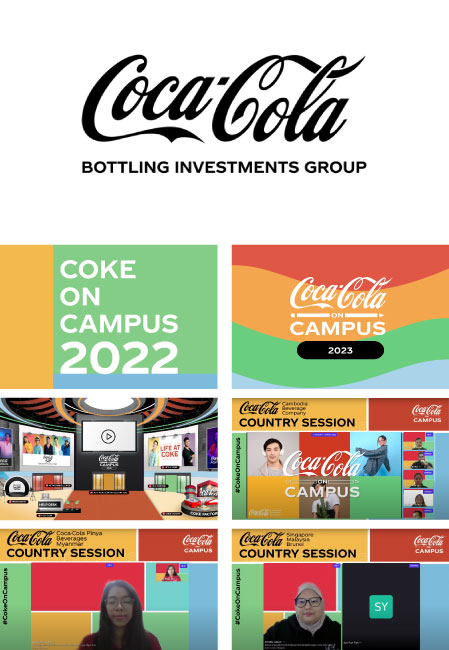
ANJ VERA
Founder and CEO
With nearly two decades of experience in HR transformation, Anj has worked with the world’s leading employer brands to optimize the talent experience. She is also the author of the book ‘Rethink Recruitment,’ and is the highest-rated Udemy instructor in the field of employer branding. Her insights on culture, branding and the talent landscape have been featured in Inc. Magazine, ANC News, Business Insider, Recruitment Asia and major publications across the region. She graduated with distinction from the Level 1 Leader program of Employer Branding College, Australia and also holds an MBA degree from De La Salle University- Manila.
Anj's mission in life is to drive meaningful change and cultivate strategic leadership through organizations. And with TalentView, her energy is geared towards elevating the employee experience and shaping the future of work. Beyond the physical and virtual office, Anj enjoys diving, travel photography and a good cup of coffee.
STRATEGIC | MAXIMIZER | COMMAND | ACTIVATOR | IDEATION




